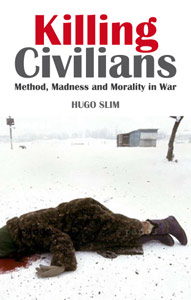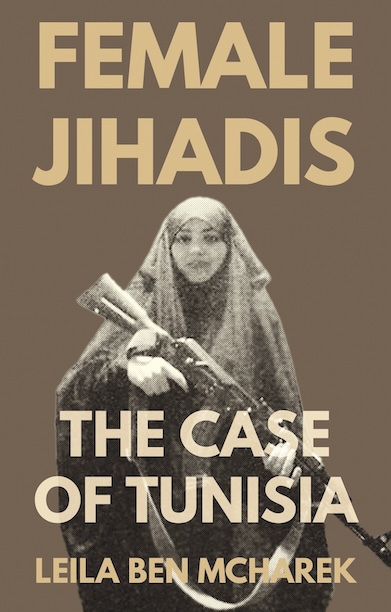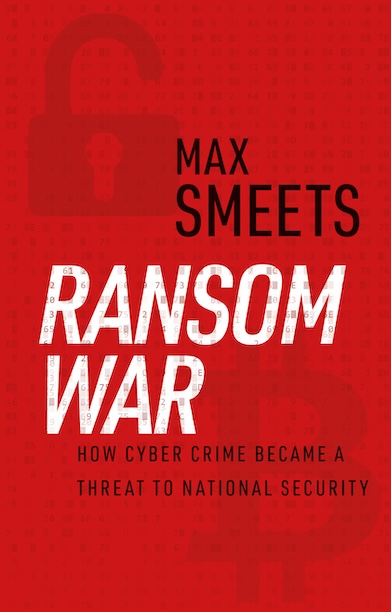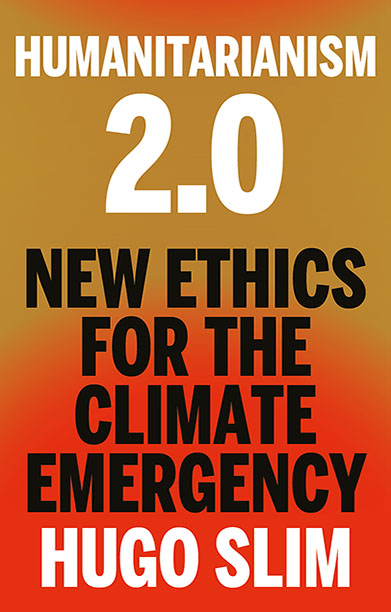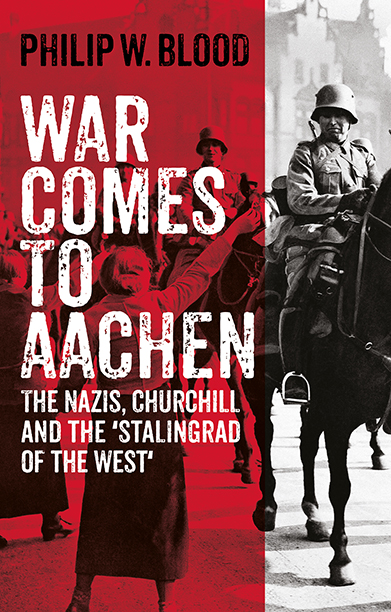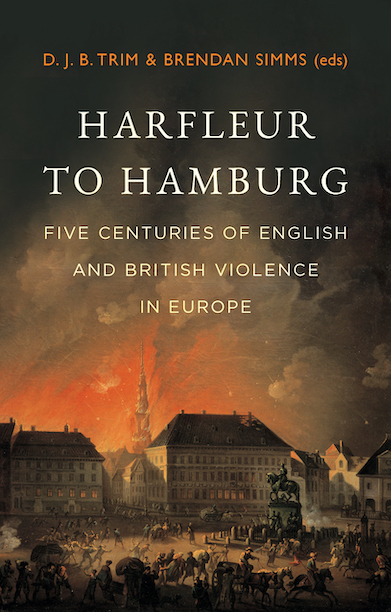Killing Civilians
Method, Madness and Morality in War
‘This is a clear, impartial, honest work. It is scholarly yet free of jargon, compassionate yet not over-emotional, moral without being preachy, stuffed with facts and figures, yet brought alive by a myriad of vivid historical, contemporary and personal anecdotes. In short, it is very good.’–The Economist
Description
This is a book about how civilians suffer in war and why people decide that they should. Most civilian suffering in war is deliberate and always has been. Massacres, rape, displacement, famine and disease are usually designed. They are policies in war. In meetings or on mobile phones, political and military leaders decide that civilians are appropriate or inevitable targets. The principle that unarmed and innocent people should be protected in war is an ancient, precious but fragile idea. Today, the principle of civilian immunity is enshrined in modern international law and cherished by many. But, in practice, leaders in most wars reject the principle. Using detailed historical and contemporary examples, Killing Civilians looks at the many ways in which civilians suffer in wars and analyses the main anti-civilian ideologies which insist upon such suffering. It also exposes the very real ambiguity in much civilian identity which is used to justify extreme hostility. But this is also, above all, a book about why civilians should be protected.
Killing Civilians argues for a morality of limited warfare in which tolerance, mercy and restraint are used to draw boundaries to violence. At the heart of the book are important new frameworks for understanding patterns of civilian suffering, ideologies of violence and strategies for promoting the protection of civilians. This is the first major treatment of the hard questions of civilian identity and protection in war for many years. Written by one of the humanitarian world’s leading thinkers and former aid worker, it provides a unique and accessible text on the subject for professional and public readerships alike.
Reviews
‘This is a clear, impartial, honest work. It is scholarly yet free of jargon, compassionate yet not over-emotional, moral without being preachy, stuffed with facts and figures, yet brought alive by a myriad of vivid historical, contemporary and personal anecdotes. In short, it is very good.’ — The Economist
‘Skilfully weaving history and psychology together with a sense of contemporary mission. Slim cites shocking eyewitness reports of murder and torture of civilians from wars around the world, tallying the way in which killers come to kill, and the excuses that governments make for them. The question is: can we do anything about it? Slim sees that mere appeals to international law carry little persuasive power where it counts, and suggests that we recast the argument as one about unfairness and cowardice, with a positive appeal to mercy. As an attempt to unravel one corner of the tapestry of symbolic violence hung over the reality of war, it might be a start.’ —The Guardian
‘A remarkable book. It is rare to encounter such an unflinching and thorough dissection of the brutality of we humans are capable of, recounted with such humanity … Slim’s message is ultimately encouraging to those of us striving to protect the rights of children and their communities in today’s conflicts and should be applauded.’ — Jasmine Whitbread, Chief Executive, Save the Children
‘Explores the moral reasoning behind both lethal violence against civilians and the traditions of mercy and restraint that have sustained a small but precious space for humanity in warfare.’ — Alex de Waal, Program Director, Social Science Research Council, New York
‘An excellent book … I recommend it to the practitioner, political, humanitarian and military, and in equal measure to the general public in whose name they act.’ — General Sir Rupert Smith, KCB, DSO, OBE, QGM, author, The Utility of Force: The Art of War in the Modern World
‘With painful and poignant examples, Slim describes extermination, planned massacres, rape and the famine and disease associated with war. This is more than a collection of horror stories, let alone a pacifist tract. Slim understands why wars sometimes must be fought and struggles to think of ways to assert the core principle that “even in war, one should kill as little as possible.” Any attempt to carve out a humanitarian space in the midst of bitter conflicts faces tough challenges, but Slim’s book is an important reminder of why it is vital to try.’ — Professor Sir Lawrence Freedman, Foreign Affairs
Author(s)

Hugo Slim is a Senior Research Fellow at the Las Casas Institute for Social Justice at Blackfriars Hall, University of Oxford, and at the Institute for Ethics, Law and Armed Conflict at the Blavatnik School of Government. He is also a Visiting Professor at Schwarzman College at Tsinghua University and at the International Academy of the Red Cross and Red Crescent at Suzhou University.
